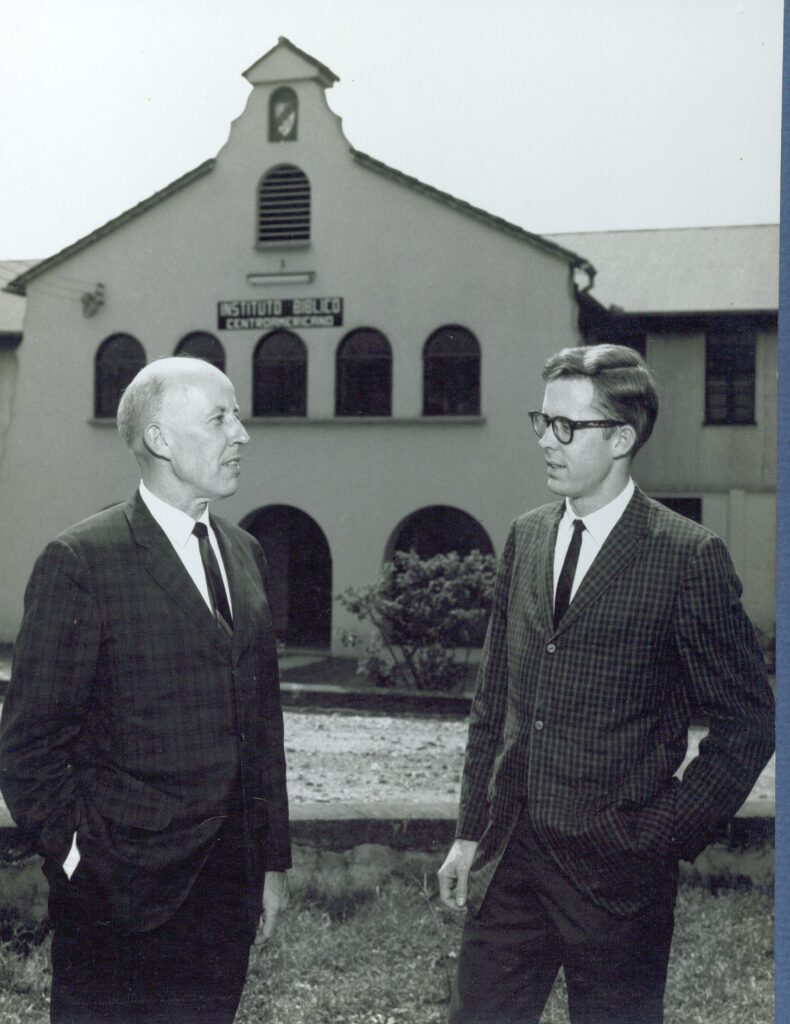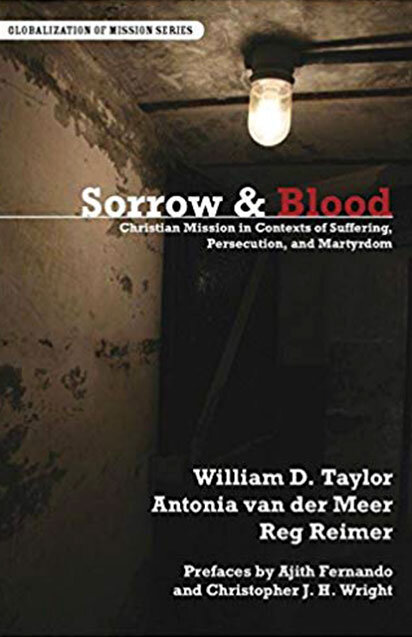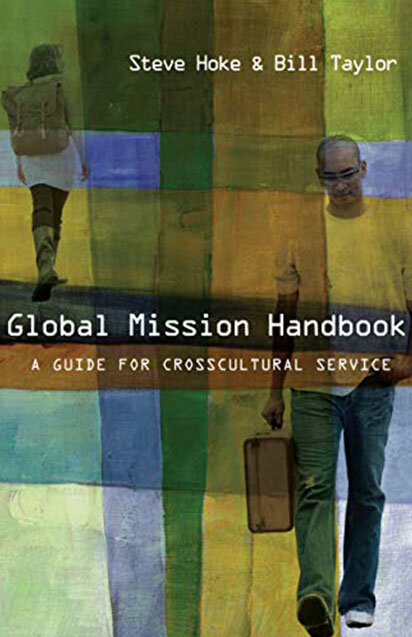Leading from Below, Part III:

Introduction to “Leading from Below”.
“Not many of you should become teachers, my brothers, for you know that we who teach will be judged with greater strictness.” (James 3:1)
“The world is obsessed with leaders: identifying them, training them, becoming them. Even in the church, this preoccupation is all-too apparent. Jesus, however, is not interested in developing leaders. Rather, he is interested in the formation of servants.” Hwa Yung, “Leadership or Servanthood? Walking in the Steps of Jesus”, 2021.
That liminal space….
The elevator doors slipped open, and there he was. For some reason, perhaps he heard the elevator doors opening, his head slowly pivoted in my direction. He stared at me, rheumy eyes catching mine as I walked toward him, slipped into a chair, and simply said, “Dad, I’m Bill, your son, and I have come to visit you.” He took my hand, looked straight into my eyes, his Alzheimer’s broken voice stuttering, “B……ill… You ta……….ught m…..e……. to fi…….nish we…..ll. I’m t…..rying to…..” He died not long after in hospice, age 88, weighing 65 pounds.
I wept. I weep.
And in retrospect, some 22 years later, I discerned how that sensory threshold profoundly shaped my understanding of leadership, and what it meant to finish well. I had watched my father for 86 years, having initiated my own vocation in mission, I studied his leadership values and practice. He was a visionary and a shepherd who led with initiative, courage and grace, and somehow invited people into that arena where critical and simple decisions are made—affecting history in little and large ways. He was not perfect. He made mistakes. Then Alzheimer’s progressively robbed his mind and he slipped into the final paragraphs of his life story.
Wise leaders ponder what it means to finish well, doing so in the crucible of people, ministry, organizations, change, dreams, creativity. And finishing well applies to each major season of life and vocation. This, I sense, is especially true of women and men who lead from below.
I still hear those elevator doors sliding open. I still see Dad. Tears well up, again.
At the peak of his career, why did he resign the presidency?
Dad was at peak of his leadership, recognition, influence, leverage, having guided a very traditional mission agency into a new, preferred future. He had been tested all his life, starting before mission service when his uncle disinherited him due to his commitment to Jesus. Mom and Dad finished Moody; two agencies turned him down for health reasons; a third accepted them. In the early years of Costa Rica service, he emerged into national and later regional mission leadership. After twenty-four years on the field, he was invited to become mission president, requiring a move to the USA. He was willing, but not Mom. Her children now in college, she was released in the fullness of her calling and gifting, passions, relationships, excellent Spanish, and leadership skills, and gifts—in Latin America.
They gradually sorted it out, and in time moved from Guatemala to Dallas. He served as president of our agency for over a decade. Then the bombshell to his board. “My friends, I am fifty-nine years old, and I shall celebrate my sixtieth as a field missionary in Spain.” The entire board was stunned. The chair (a bank president) said, “Bill, nobody who starts working as a bank teller and then becomes president ever returns to become a teller. You cannot do this.” To which Dad said, “Frank, I don’t work in a bank. I ask you now to find my successor within a year.”
And that’s what they did, both board and parents. A new president was named. They celebrated their next birthday in Madrid. They served under a younger man whom Dad had recruited years before, and who years later would himself become the mission president. In Spain for five years, their legacy was the camping and conference center, Pinos Reales, some 70 kilometers west of Madrid. The keys to the center were given to the Spanish ministry partner.
Dad reflected personally with me about that decision and process, with pithy wisdom, “Bill, leave when they want you to stay instead of trying to stay when they want you to leave.” Another five years later, they “retired” in Stone Mountain, GA, my mother’s roots. But the Caller called again, “Bill and Stella, you’ve not finished”. They planted a Spanish speaking church that, over ten years, through multiplication and division, birthed at least ten other congregations. They returned to roots.
And then dementia and Alzheimer’s invaded. What is the legacy?






